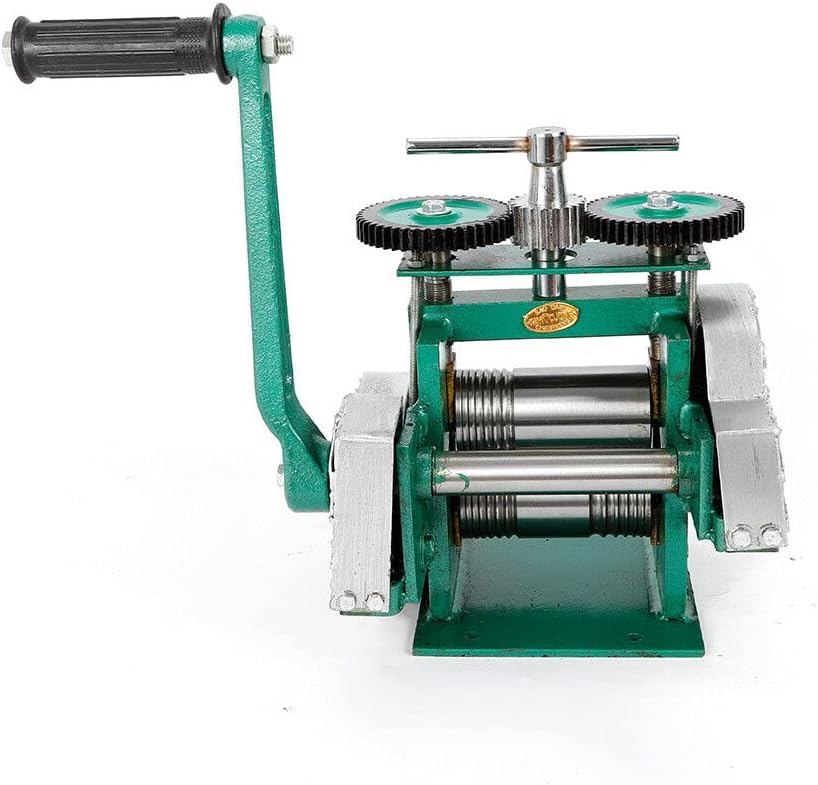Rolling mills play a crucial role in the sustainable production of metals by shaping and processing raw materials into usable forms while minimizing waste. These mills are designed to reduce the thickness of metal sheets, plates, and bars through a series of rollers, which not only enhances the material’s properties but also optimizes its utilization. By improving the mechanical strength and surface finish of metals, rolling mills contribute to the longevity and efficiency of metal products, ensuring that fewer resources are needed over time. As industries seek to adopt more environmentally friendly manufacturing practices, rolling mills are evolving to meet these new sustainability standards. Rolling mills consume significant amounts of energy, but modern advancements have led to more efficient machinery that reduces power consumption. Innovations such as regenerative braking, energy recovery systems, and optimized rolling techniques help lower the carbon footprint of metal processing.

By integrating these technologies, rolling mills not only cut operational costs but also align with global efforts to reduce greenhouse gas emissions. The transition to energy-efficient rolling processes is a step toward creating a more sustainable metal industry without compromising production capacity. Material waste reduction is another critical factor in sustainable metal production, and rolling mills play an essential role in minimizing losses. Traditional metalworking methods often generate excessive scrap, but advanced rolling techniques ensure that raw materials are utilized to their fullest extent. Precision control systems and automated rolling processes allow for tighter tolerances, reducing the need for secondary processing and material corrections. This results in less metal wastage, lower production costs, and a decreased environmental impact, making rolling mills indispensable in modern manufacturing. Recycling plays a vital role in sustainability, and rolling mills facilitate the efficient reuse of metal scrap.
Recycled metals require significantly less energy to process compared to virgin raw materials, reducing the demand for mining and lowering overall emissions. Rolling mills are increasingly incorporating recycled materials into their operations, ensuring that metal products retain their quality while promoting circular economy practices. By supporting the use of recycled metals, rolling mills contribute to resource conservation and reduce the industry’s dependency on finite natural resources. Water usage in metal production is another concern that rolling mills are addressing through improved cooling and lubrication systems. Traditional cooling methods consume large quantities of water, often leading to wastage and contamination. However, advanced water recycling technologies and closed-loop systems are being implemented to reduce water consumption and improve resource management. By adopting sustainable water practices, rolling mill help mitigate the environmental impact of metal production while maintaining efficient operations.

